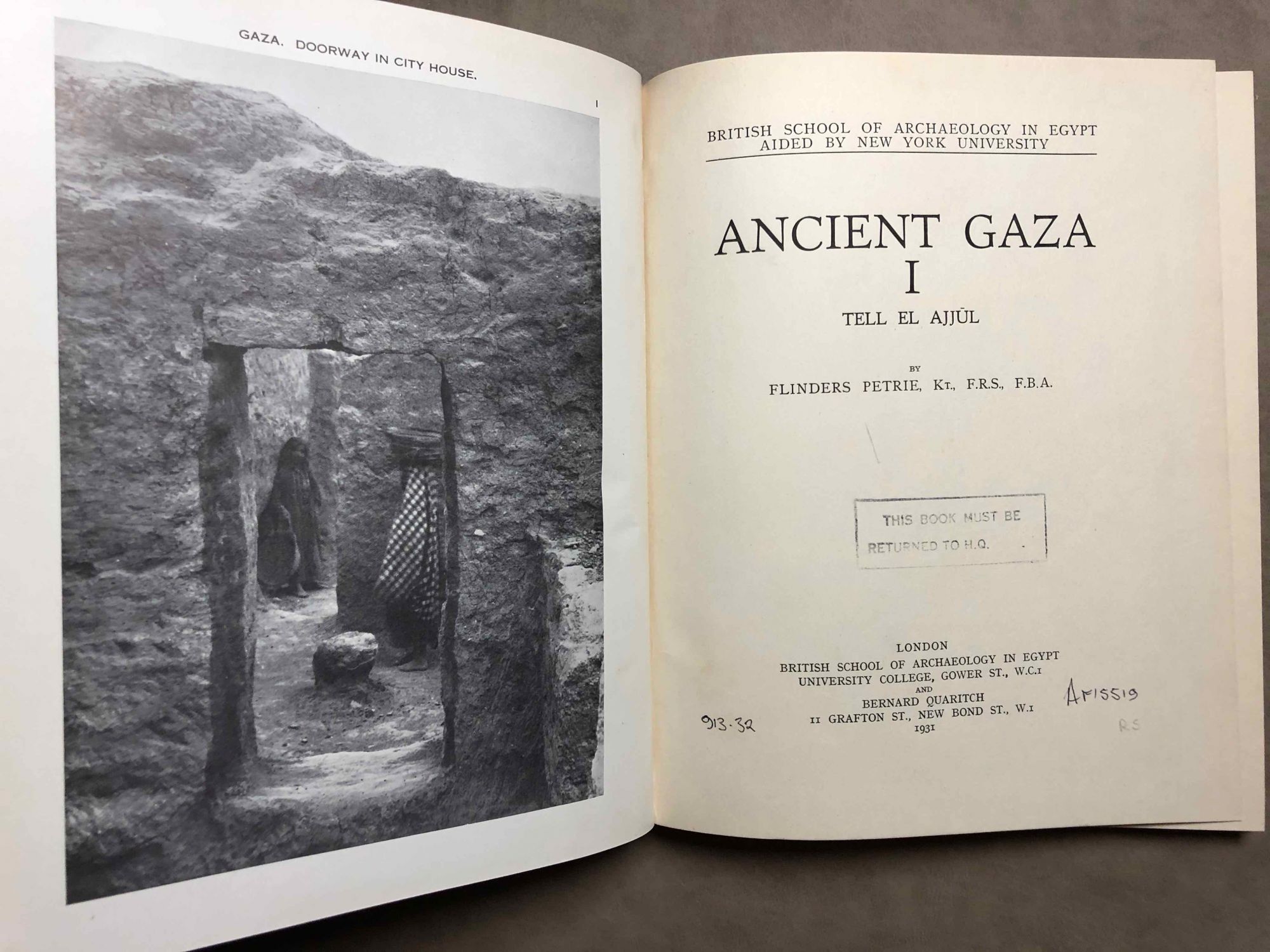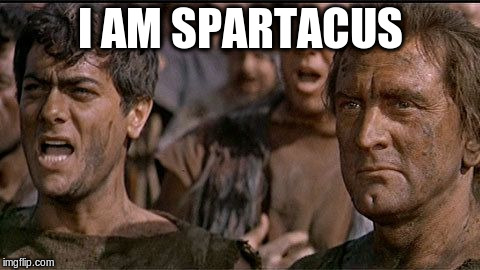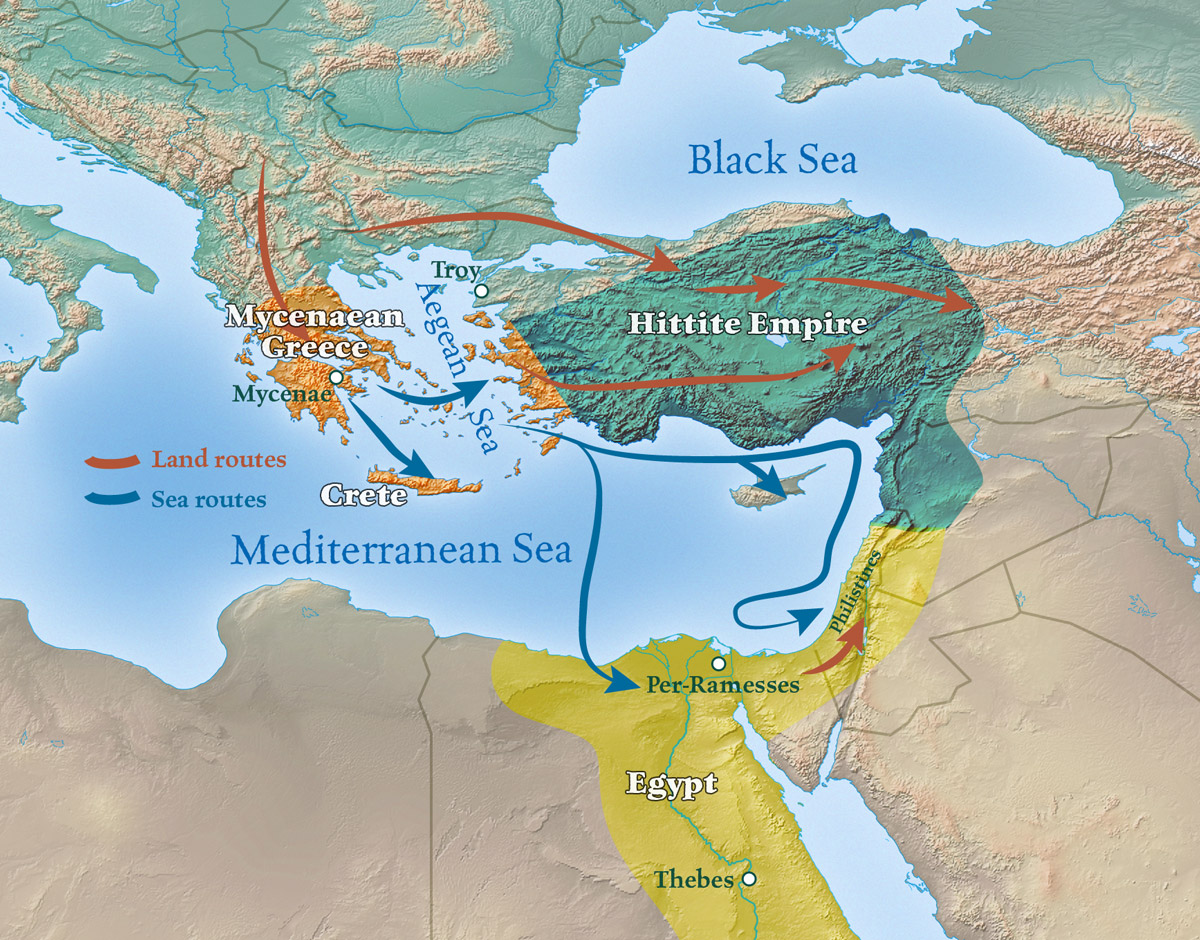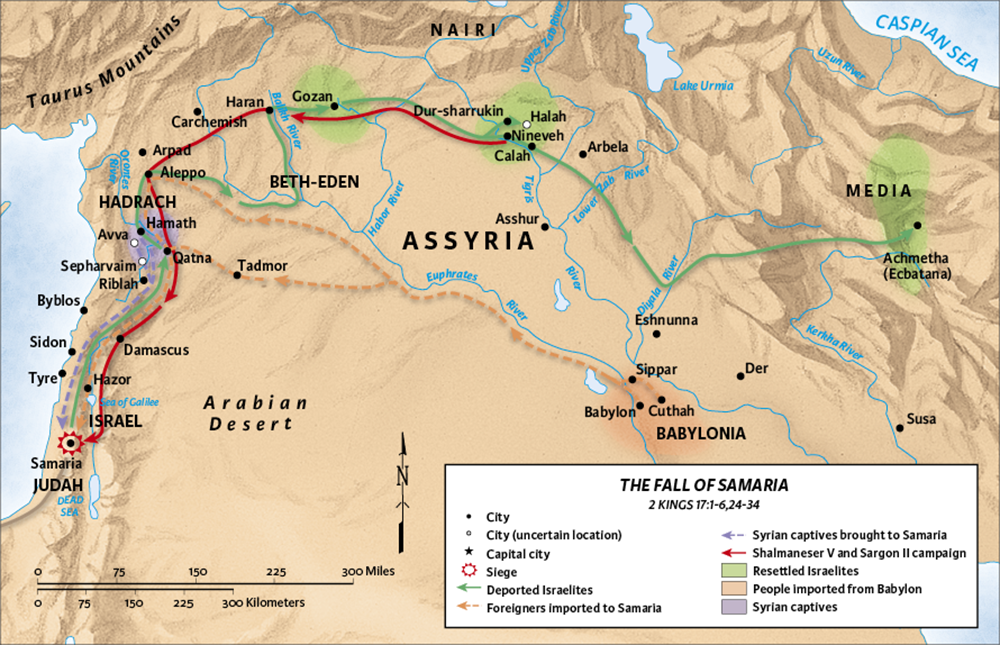|
Replies: 4
| visibility 101
|
All-In [30063]
TigerPulse: 100%
Posts: 8906
Joined: 10/31/10
|
Religious Pron: The End Times, 7C of ?

3
May 12, 2024, 9:35 PM
|
|

:max_bytes(150000):strip_icc():focal(848x0:850x2)/grace-kelly-6-e6b205195fd14c1a855f224d56df8516.jpg)

Freedom and self-determination are fun experiments, but people like strong autocrats. Heaven’s not a democracy, after all. And it’s kings, and queens, and royalty, that have guided the story of mankind.
Last time, we did a quick review of King Hezekiah and his life. This time, we’re try to tie that into Zechariah chapters 9-11, and what it might mean regarding the End Time.

As I interpret it, Zechariah 9-14 begins in about 736 BCE, during the Syro-Ephraimite War. In case you’ve forgotten, the neighborhood bully at the time, Assyria, was having trouble holding its empire together. So, Damascus and Samaria tried take advantage of that instability by breaking away for their own independence, with their own kings, of course.
I don’t think they knew John Stark, but the sentiment was the same then, as now.


Damascus and Samaria asked King Ahaz of Judah for help breaking away from Assyria, but he refused. So they attacked him. To make matters worse, the Philistines on the coast decided to attack, too. Times were bad.

King Ahaz of Judah paid a heavy price for his refusal. His nation was smashed, and Jerusalem just barely held out.
2 Kings 16:5 “[They] marched up to Jerusalem and besieged Ahaz, but they could not overpower him.”
2 Chronicles 28:8 “The men of Israel took captive from their fellow Israelites who were from Judah two hundred thousand wives, sons and daughters. They also took a great deal of plunder, which they carried back to Samaria.”
While little Hezekiah, the 5-year-old king-to-be, watched as his world was destroyed.

This same war also led to the Immanuel prophecy. King Ahaz feared complete destruction, but his prophet Isaiah said “God’s gonna save you, and he’ll send you a son named Immanuel to prove it.”
Isaiah 7:14 “…the Lord himself will give you a sign: The virgin will conceive and give birth to a son, and will call him Immanuel…the land of the two kings you dread [Damascus and Samaria] will be laid waste. 17 The Lord will bring…the king of Assyria.”

Just to be sure, Ahaz summoned Assyria himself, too. And four years later, Assyria steamrolled the region, just as promised, and prophesied.

The new expanded Assyrian Empire, including the coastal cities, and Israel, in blue.
 
And that, I propose, is where Zechariah 9 begins:
Zechariah 9:1
“A prophecy: The word of the Lord…will come to rest on Damascus…and on Tyre and Sidon…”
…Ashkelon will…fear;
…Gaza will writhe in agony,
…Ekron too, for her hope will wither.
…Ashkelon will be deserted.
…A mongrel people will occupy Ashdod
All those things happened in 736-732 BCE, according to both Assyrian records and the Bible. But every power over the next 600 years also rolled through that same area; Assyria again, then Babylon, then Persia, and then Greece. So we need to tighten things up a bit to make sure 736-732 BCE is the right time frame for Zech 9-14. A timeline will help.
 
It’s notable that Zechariah never says Tyre will fall, because it didn’t. Not until Alexander the Great 400 years later. And he says that Gaza will lose her king, which it did. A guy named Hanunu.
King Hanunu of Gaza submits to Assyrian Tiglath-Pileser III in 732 BCE.

Zechariah also says the Philistines will be punished for eating impure and bloody food, the Temple exists and will be protected from marauders, and that God won’t allow overruns again. All events which match the Syro-Ephraimite War of 736-732 BCE. All except the never being overrun again part.
Ask Babylon.

Next comes a very famous verse, Zechariah 9:9
“Rejoice greatly, Daughter Zion! Shout, Daughter Jerusalem! See, your king comes to you, righteous and victorious, lowly and riding on a donkey, on a colt, the foal of a donkey.”
The Christian interpretation of this king verse is Jesus. Jesus himself even summoned a donkey on the way into Jerusalem specifically to fulfill this prophecy. And, being a teacher of teachers, I have no doubt Jesus knew the book of Zechariah, and the story of King Hezekiah, inside and out.

The Jews, of course, see things differently. And I’m gonna split the difference. Because Jesus might have thought, “this is what great kings do, and since I’m the greatest king ever, it’s what I’ll do, too.”
Because I think the original great king in 9:9 was the 11-year-old Hezekiah, when he became co-regent under his dad, King Ahaz.
“Hezekiah ascends the throne as co-regent with his father Ahaz for a few years. Then he begins his reign as sole King of Judah at age 25 in 716/15 BC.” – Jesuswalk.com

Jesus certainly knew of Hezekiah and his story. But whether Jesus thought he was the great king in 9:9, or the NEXT great king, after Hezekiah, he doesn’t really say. We only know he knew the story well enough to summon a donkey for himself.
But let’s say Zechariah was looking at the mess Judah was in 732 BCE. Judah had survived the war with Damascus and Israel, but King Ahaz was an idol worshipper who sold Judah and the Temple out to Assyria for protection. So Zechariah was looking forward to the next king …rejoicefully…to restore the nation. But he can’t exactly tell the current king he’d rather have his son in power.
That would be awkward.

As far as the 9:9 verse itself, it specifically speaks of Jerusalem as opposed to the world; specifically speaks of a king as opposed to a messiah; and specifically speaks of a foal as opposed to a mature donkey. And a foal is a very small animal. Maybe an animal only an 11-year-old boy could ride.
Depending on the Bible translation, the verse speaks of either one or two animals. The NIV says, “a colt, the foal of a donkey,“ and the KJV says “on an axx, and upon a colt, the foal of an axx.” Maybe like a king and his regent son riding side-by-side.
 
But the bigger issue is context. Whoever that king may be; Jesus, Hezekiah, or both, he’s gonna help God 1) bring peace to the divided nation of Israel after the war, 2) create his own war machine, and then 3) go defeat the Philistines. All things Hezekiah did.
First, the peace, from the very next verse:
Zech 9:10 “I [God] will take away the chariots from Ephraim, and the warhorses from Jerusalem, and the battle bow will be broken.”
That sounds like fostering peace between the brothers, just like Hezekiah did, here:
2 Chronicles 30 “Hezekiah sent word to all Israel and Judah…inviting them to come to the temple of the Lord in Jerusalem and celebrate the Passover.”
Can someone pass the matzah balls, and the Torah?

Next, making the war machine against the Philistines:
Zechariah 9:13 “I [God] will bend Judah as I bend my bow and fill it with Ephraim[Israel]. I [God] will rouse your sons, Zion, against your sons, Greece, and make you like a warrior’s sword.
Zechariah 9:14 “…he [the King] will march in the storms of the south [Philistia], and the Lord Almighty will shield them. They will destroy and overcome with slingstones.”

And that’s exactly what Hezekiah did:
2 Kings 18:8 “From watchtower to fortified city, he [Hezekiah] defeated the Philistines, as far as Gaza and its territory.”

That feels like a match to me. But there is one confounding issue aside from who that king might be. And that’s Greece. Because although Greece did stomp through the area 400 years later with Alexander, he never fought the Jews.
Greece’s other famous son, besides Alex.

In fact, the Jews and Greeks got on quite cordially. Being a deity himself since visiting Siwa in Egypt, Alexander actually stopped at the Temple and made an offering to his fellow god Yahweh. That’s something only priests could do. Or guys with really, really, big armies. So when and where did the “Sons of Zion” ever fight the “Sons of Greece?”

The key word is “sons.’ The Jews didn’t fight Greece. They fought the ‘sons’ of Greece. And this anthropological explanation might be the key:
“Most scholars agree that the Philistines were of Greek origin, and that they came from Crete and the rest of the Aegean Islands or, more generally, from the area of modern-day Greece.”
So when Hezekiah fought the Philistines, he was fighting the sons of Greece. Just as scripture says.

Zechariah chapter 10 helps us further narrow in on Hezekiah’s time frame. Overall, the chapter is an appeal to the Hebrews to stop idol worship. Now, that could apply to almost any time in the Jew’s entire history. But certain lines help us out…
10:7 “The Ephraimites will become like warriors…”
That line doesn’t speak of all of the northern kingdom, just the area that survived the first Assyrian invasion. The area around Samaria, ie, Ephraim. That again screams 730’s BCE. If it was written after 722 BCE, there would be no Ephraim left. Because by that time, all of Israel was destroyed.
And the clincher:
10:10 “I will bring them back from Egypt and gather them from Assyria.”
That’s pretty solid. There’s no mention of Babylon, Persia, Greece, or Rome. The regional powers at the time of Hezekiah were Egypt and Assyria. Just as scripture says.

Zechariah Chapter 11 is, in a way, the bookend to Zechariah Chapter 9. Whereas Zechariah 9 says “will be destroyed,” Zechariah 11 says “was destroyed.” That is, after the war.
11:2 “Wail, you juniper, for the cedar [of Lebanon] has fallen; the stately trees are ruined!”
11:3 “Wail, oaks of Bashan [Damascus]; the dense forest has been cut down!”

The remainder of chapter 11 has one last mystery…The Two Shepherds. The good shepherd tries to bring the flock to God, and the bad shepherd abandons the people. The details are scarce, and so these two shepherds could be any number of historical figures.

The good shepherd could be Zechariah, or Hezekiah, or the High Priest Hezekiah empowered by re-stablishing the Temple order. And the bad shepherd could be Hezekiah’s rotten son Manasseh, or Manasseh’s corrupt High Priest, or some unknown bad prophet. There’s just no way to tell.
But again, if it was written during the reign of Hezekiah’s son, King Manasseh, who’s gonna tell the king he’s the bad shepherd? Or that he has no clothes? Mysterious writings= safe writings.

We do have this, though. The good shepherd tried to help the people and just gave up because they were such axxholes. And notably, he cracked both of his sheep-herding staves in frustration.
11:10 “Then I took my staff called Favor [of God] and broke it, revoking the covenant I had made with all the nations.”
11:14 “Then I broke my second staff called Union [of the Nation], breaking the family bond between Judah and Israel.”

That’s a HUGE clue. Because historically, the next thing that happened after the Syro-Ephraimite War of 736-732 was the Assyrian re-invasion of 722 BCE. And whatever remained of the 10 Tribes after the first war, was gone forever after the second war.

The message from all that staff breaking was, “You turned your back on God, so protection, and family, and loyalty, are all null and void now. You are on your own in a dangerous world, Nation of Israel.” And that answered the theological question of why God let 10 of his 12 chosen tribes be utterly exterminated – it was their own fault.

So that’s one alternate look the first half of Zechariah II. There are plenty of others. As I’ve said, it’s really, really, hard to decipher. But, it’s something to discuss, for anyone who’s interested.
Next time, I’ll continue on into chapters 12-14, which I suspect covers Hezekiah’s greatest victory, his illness, and his later death. And then we’ll move into much something much easier, Daniel. I can see the red tail-lights from here.

Till then, hot royal chicks



|
|
|
|
 |
Hall of Famer [24561]
TigerPulse: 100%
Posts: 14038
Joined: 7/3/01
|
Re: Religious Pron: The End Times, 7C of ?

1
May 13, 2024, 1:29 PM
|
|
Your alpha and omega was Grace Kelly. Whatever happens in between can't be too far wrong.
Edit: Am I losing my mind, or did your last pic used to be of Grace Kelly? No matter, mine below can be the omega.
|
|
|
|
|
 |
Hall of Famer [24561]
TigerPulse: 100%
Posts: 14038
Joined: 7/3/01
|
Re: Religious Pron: The End Times, 7C of ?

1
May 13, 2024, 1:33 PM
|
|
|
|
|
|
|
|
|
 |
All-In [30063]
TigerPulse: 100%
Posts: 8906
Joined: 10/31/10
|
Re: Religious Pron: The End Times, 7C of ?

1
May 13, 2024, 2:53 PM
|
|
Beauty like hers was a rare thing. There are lots of beautiful women, but she was knockout gorgeous. It was hard to narrow the choices down to just the ones I posted.

|
|
|
|
|
 |
Hall of Famer [24561]
TigerPulse: 100%
Posts: 14038
Joined: 7/3/01
|
Re: Religious Pron: The End Times, 7C of ?

1
May 13, 2024, 3:33 PM
|
|
Watching her in Rear Window (my photo) decades ago I thought, "You're not going to win that heart with a boat and a Miller Light." Which, you know, sort of left me out. And I've never even had a boat. My ex wanted a boat, which is why that came to mind. Then MissTulsa came along and rendered all that moot. Lucky me.
|
|
|
|
|
|
Replies: 4
| visibility 101
|
|
|



 to award
the award.
to award
the award.





:max_bytes(150000):strip_icc():focal(848x0:850x2)/grace-kelly-6-e6b205195fd14c1a855f224d56df8516.jpg)

































